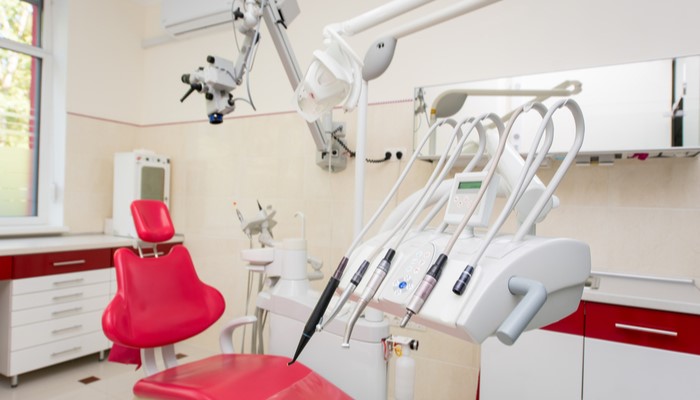
The Importance of Infection Control in Dental Settings
Infection control represents specific procedures required for a healthcare setting as a means of preventing the spread of disease. A series of particular recommendations developed by the Centers for Disease Control and Prevention is to be used in all dental offices across the country.
Every dental specialist needs to be aware of these procedures and has to ensure that everything is up to code. When a patient enters the dental office, he or she will need to see that all surfaces such as the dental chair, dental light, drawer handles, countertops, etc., are clean and not contaminated. In some cases, dental offices wrap their equipment with protective covers which are replaced after every patient.
Also, all non-disposable items such as dental tools also need to be cleaned and sterilized between patients. Disposable items such as needles and protective clothing will have to be discarded safely and securely.
Infection control is a crucial aspect for the safe and effective treatment of patients in a dental setting. And aside from being regulation and sound policy, these measures have several benefits. Here are some examples:
Prevents Bacteria Growth and the Spread of Disease
It’s relatively common knowledge that bacteria are among the fastest growing organisms on the planet. And if they’re the dangerous kind, the results can be quite deadly. The type of bacteria that’s responsible for periodontal disease, for instance, can spread through saliva.
But there are also other diseases to watch out for such as hepatitis, tuberculosis, or HIV. With patients continually coming in and out of a dental office, proper sterilization is a must, as it kills any bacteria or viruses before they get the chance to reproduce.
Protects Patients and Staff Members
Viruses and bacteria that are not dealt with quickly can be hazardous and can cause severe illness or even death. It’s important to realize that healthcare-associated infections are a common occurrence around the United States. Infection control procedures exist as a means of stopping the patient-to-patient transfer of such diseases as well as to the dental specialists, themselves.
Maintains the Dental Office’s Reputation Intact
Aside from the health-related consequences of an infection, there also a matter of reputation to keep in mind. A single slip up and a patient gets some disease, word will immediately spread around, and your business will only stand to suffer.
Standard Practices
There are several standards and best practices that will help you keep your patients, staff, and practice safe:
Protect Work Surfaces and Instruments – As we mentioned in the beginning, you need to perform frequent decontamination of all surfaces as well as to sterilize all non-disposable equipment such as scrapers, tweezers, chisels, cleaning scoops, etc., after every patient.
Discard disposable equipment and use protective attire – All discardable tools need to be appropriately disposed of and not be used on different patients. As for protective attire, such as masks, gloves, eyewear, need to be worn at all times, while some need to be changed after every patient.
Proper hand washing – You will need to ensure that every staff member follows a strict hand washing protocol and that they do so before and after every patient.
Accurate medical histories – If you take detailed medical accounts for every patient, you will know which ones you will need to take extra precautions based on whatever health issues they might have.
Get vaccinated – The CDC also recommends that healthcare workers get vaccinated against various illnesses such as the flu, measles, mumps Hepatitis B, rubella, chickenpox, tetanus, diphtheria, and pertussis. Make sure that you and your staff have all of these immunizations.
Conclusion
In short, infection control is a crucial element that all dental specialists need to know. At Dental Specialties Institute, Inc., we provide courses on this exact matter. If you are interested, contact us directly today.



